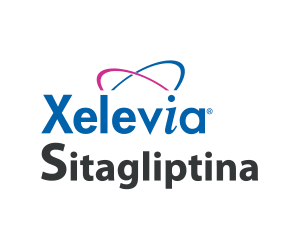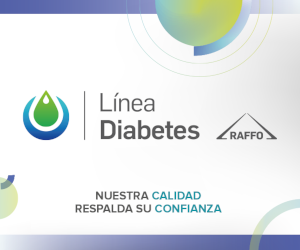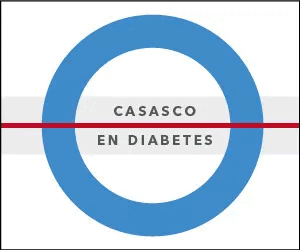Problems in the treatment of Diabetes Mellitus type 1 in pediatrics
DOI:
https://doi.org/10.47196/diab.v53i2Sup.238Keywords:
diabetes, children, teenagersAbstract
The management of type 1 diabetes mellitus (DM1) in children and adolescents is a complex process of self-regulation that includes multiple behaviors. When self-care behaviors are effectively implemented, they positively impact metabolic control and the quality of life of patients and families.
References
- ISPAD. Clinical Practice Consensus Guidelines 2018. Pediatric Diabetes Oct 2018; Suppl 27.
- Chiang JL, Maans DM, Garvey KC, Hood KK, Laffel LM, Winzimer SA, Wolfsdorf JL, Schatz D. Type 1 diabetes in children and adolescentes: a position statement by the American Diabetes Association. Diabetes Care 2018 Sep 4; 2026-2044.
- Deeb A, Ak Anderson BJ, Laffel LM, Domenger C , Danne T, Phillip M, Mazza CS, Hanas E, Waldron S, Beck RW, Calvi-Gries F, Mathieu C. Factors associated with diabetes-specific health related quality of life in youth type 1 diabetes: the Global TEENS Study. Diabetes Care 2017 Aug; 40:1002-1009.
- Al Ozairi A, Camenron F. Common pediatric issues seen in paediatric diabetes clinic. Psychological formulations and related approaches to management. J Diabetes Res 2018 Feb 27; 2018 1684175.
- Commissariat PV, Volkening LK, Guo Z, Elbach JL, Butler DA, Laffel LM. Associations between mayor life events and adherence glycemic control and psychosocial characteristics in teens with type 1 diabetes. Pediatr Diabetes 2018 feb; 19: 85-91.
Downloads
Published
How to Cite
Issue
Section
License

This work is licensed under a Creative Commons Attribution-NonCommercial-NoDerivatives 4.0 International License.
Dirección Nacional de Derecho de Autor, Exp. N° 5.333.129. Instituto Nacional de la Propiedad Industrial, Marca «Revista de la Sociedad Argentina de Diabetes - Asociación Civil» N° de concesión 2.605.405 y N° de disposición 1.404/13.
La Revista de la SAD está licenciada bajo Licencia Creative Commons Atribución – No Comercial – Sin Obra Derivada 4.0 Internacional.
Por otra parte, la Revista SAD permite que los autores mantengan los derechos de autor sin restricciones.







































